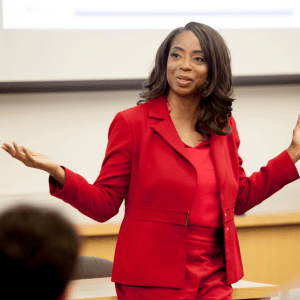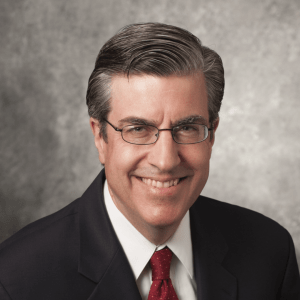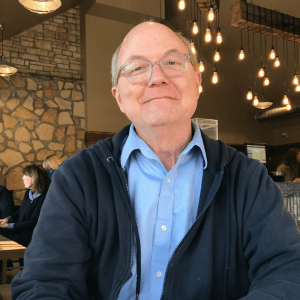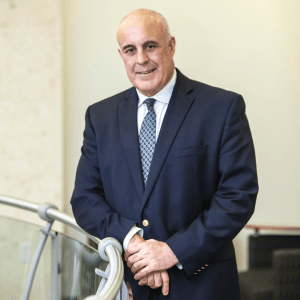Candice L. Bledsoe, PhD. is a Faculty member at Simmons School of Education & Human Development’s Graduate Liberal Studies Program, a professor at Cox School of Business, serves on the Leadership Council in the Inclusive Economy Consortium, and Fellow in the Hunt Institute. Bledsoe is, the executive director of the Action Research Center, an organization designed to enhance equity in our communities. Dr. Bledsoe is also the founder of the Collective, a group comprised of community leaders, writers, scholars, and entrepreneurs who share the stories of minoritized women in America. She is the co-convener of the SMU Women of Color Research Cluster sponsored by the DCII. The cluster aims to create space for women of color to share their stories, especially as it relates to the intersections of race, gender, and class.
Dr. Bledsoe has received numerous fellowships including: The National Endowment of Humanities, the New Leadership Academy, National Center of Institutional Diversity, University of Michigan, and Boone Family Foundation. She is a proud member of the 2017 cohort of Dallas Public Voices. She is the recipient of the 2020 UN Day Global Leadership Award, in the category of Sustainable Development Goal 4, Quality Education. This prestigious award reflects the bold, transformative work Bledsoe has done to advance the United Nations goals for sustainable development, shifting the world onto a more resilient path through quality education.
When asked about her motivation working with the Hunt Institute as a Fellow and collaborator across multiple initiatives she replied, “The Institute’s mission is to serve as a national and international hub to partner with leaders in business, academia, NGOs and government to develop and scale sustainable and affordable technologies and solutions to local and global challenges. At the SMU Hunt Institute, I enjoy using creativity and innovation to develop new solutions to create change.”
Dr. Bledsoe holds a bachelor’s degree from Baylor University. She received her masters from Southern Methodist University and her doctorate in higher education from University of Southern California.
To read more about the Hunt Institute’s work to develop future-focused solutions to some of the world’s biggest problems, please click here. For the latest news on the Hunt Institute, follow our social media accounts on LinkedIn,Facebook, Twitter, and Instagram. We invite you to listen to our Podcast called Sages & Seekers. If you are considering engaging with the institute, you can donate, or sign-up for our newsletter by emailing huntinstitute@smu.edu














